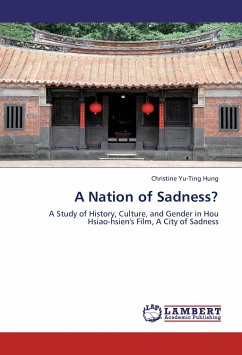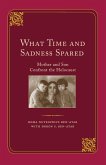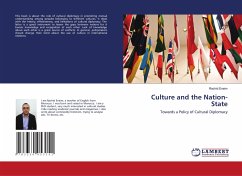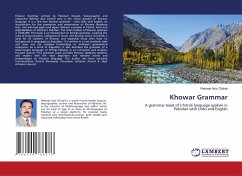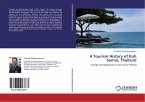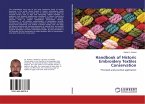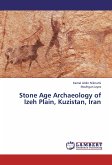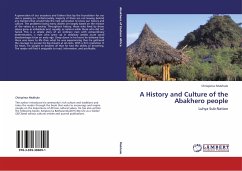This book engages with Taiwanese history by offering a reading of Hou Hsiao-hsien s A City of Sadness (1989), making reference to the film s historical dimensions, cultural representations and gender issues in the period 1945 to 1949. It examines Taiwan s indigenous culture and the impact of Japanese and Chinese cultural practices in A City of Sadness through the post-colonial theories of Perry Anderson, Homi Bhabha, and Chris Berry. I draw on their theories of cultural hegemony and my empiricism to investigate Hou s representation of the political situation in Taiwan. Finally, the book evaluates gender issues in A City of Sadness, with reference to Julia Kristeva s notion of feminine time and the debate between Emilie Yeh and Mizou concerning whether women can really enter history . In evaluating A City of Sadness I argue that Hou Hsiao-hsien s use of a family s micro-history to parallel the national macro-history of the February 28 Incident opens an important historical window through which the audience may re-encounter and reflect on Taiwan s past, and think positively about its future.

